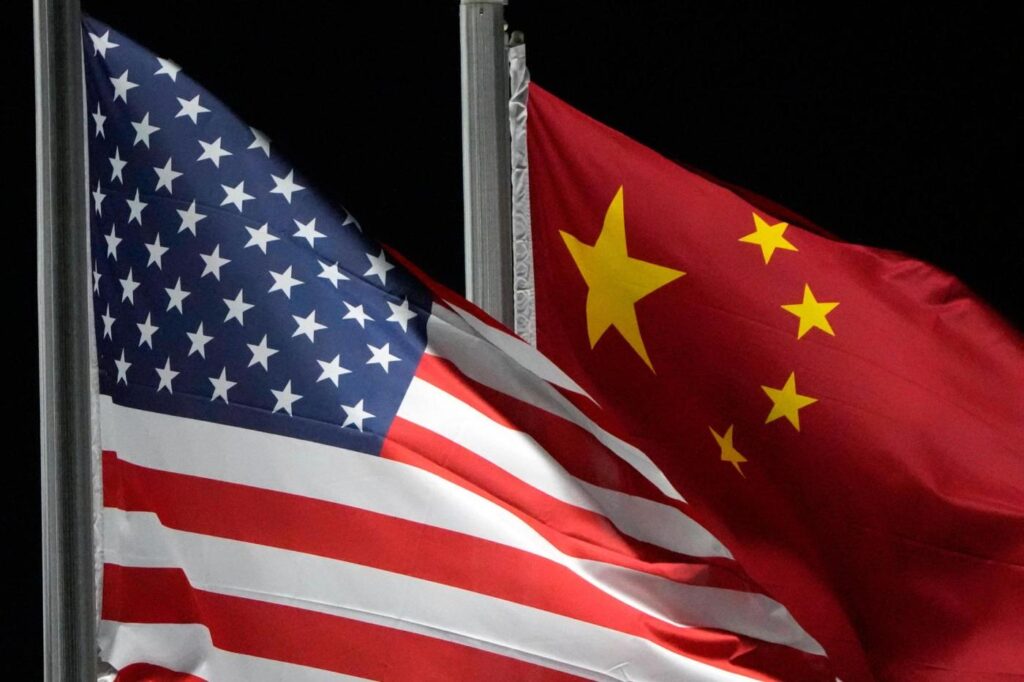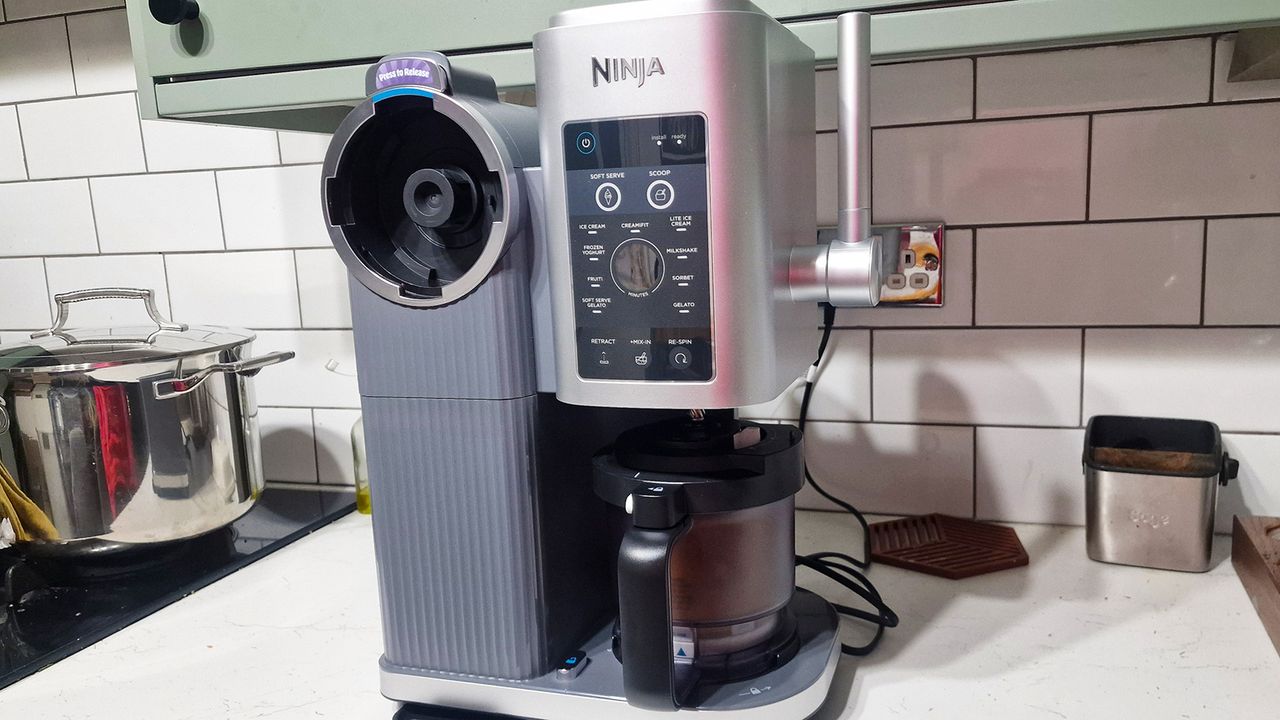
A new framework agreement regarding TikTok could potentially rejuvenate stalled trade discussions between the United States and China. This agreement allows TikTok to continue operations in the U.S., effectively addressing the national security concerns tied to its Chinese ownership by ByteDance. The deal marks a significant development in a prolonged negotiation process that has raised questions about the future of the app, which has millions of American users.
Despite the positive momentum, key details of the agreement remain unclear. Treasury Secretary Scott Bessent has refrained from disclosing specifics, particularly regarding whether China will permit ByteDance to retain its influential content recommendation algorithm. This algorithm had previously been listed under export controls, adding complexity to the negotiations.
Bessent indicated that the commercial terms have been settled but emphasized that the specific arrangements involve private parties. “We’re not going to talk about the commercial teams of the deal… but the commercial terms have been agreed upon,” he stated on Monday.
Negotiations will culminate with a conversation between President Donald Trump and Chinese President Xi Jinping scheduled for Friday, where the agreement is expected to be confirmed. A critical deadline looms as negotiators aim to comply with a law requiring TikTok to separate from ByteDance or face a ban in the U.S. The platform has been under scrutiny due to national security concerns stemming from its ties to China.
The tentative deal surrounding TikTok represents a vital step in U.S.-China relations, particularly as both nations navigate a challenging trade landscape. Trump’s administration has delayed enforcing a ban on TikTok multiple times while seeking a potential acquisition by an American company. This new agreement could be seen as a strategic maneuver by China to gain leverage in broader trade negotiations.
Anita Kellogg, an assistant professor at the National Defense University, commented, “It could be a carrot from China to get more of what they want in the trade talks. It’s still not clear how much China is actually giving up with TikTok.” The importance of this deal also lies in Trump’s desire to address national security issues while preserving TikTok’s operations, highlighting the delicate balance of interests at play.
While TikTok remains at the forefront of discussions, trade negotiations are set to continue, with a focus shifting to broader trade issues in meetings planned for the following month. Trade talks resumed in April, when Trump announced “reciprocal” tariffs, igniting a fierce trade war between the two nations.
Tariffs on Chinese goods escalated to 145% in April, prompting retaliatory measures from Beijing that raised tariffs on American products above 100%. Recent negotiations have managed to reduce these tariffs to 30% on Chinese imports and 10% on U.S. exports, but several contentious issues remain unresolved.
The ongoing tension includes China’s decision to investigate exports of certain U.S. microchips and claims that Nvidia violated its antitrust laws. Concurrently, the U.S. Commerce Department has announced plans to blacklist additional Chinese semiconductor companies.
Despite these tensions, both nations seem committed to finding a resolution. Kellogg emphasized the importance of avoiding a return to increased tariffs, noting that both sides are actively working toward a trade deal, even amid ongoing challenges.
As the situation evolves, the outcome of the upcoming discussions between Trump and Xi will likely have significant implications for the future of not only TikTok but also the broader economic relationship between the U.S. and China.






